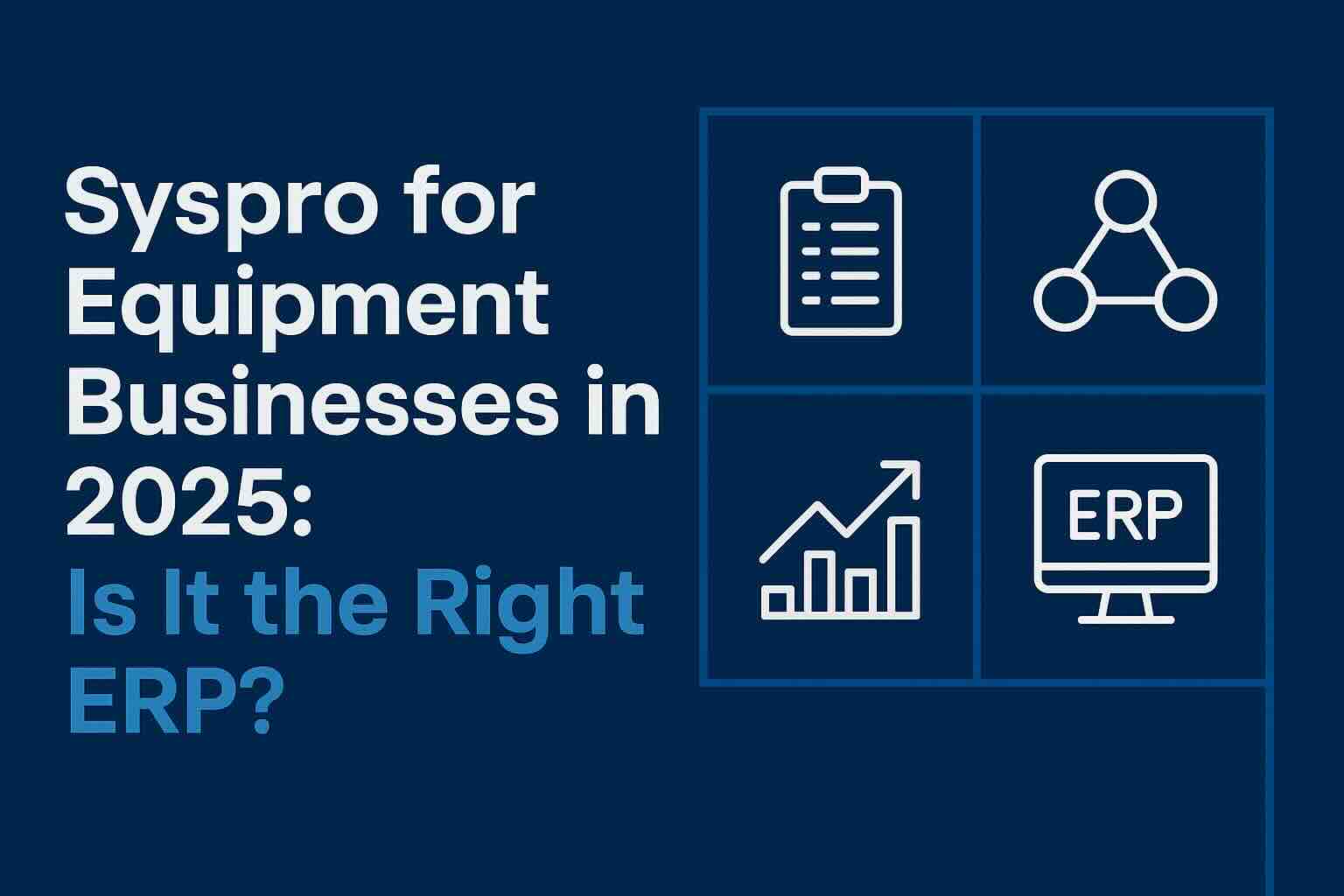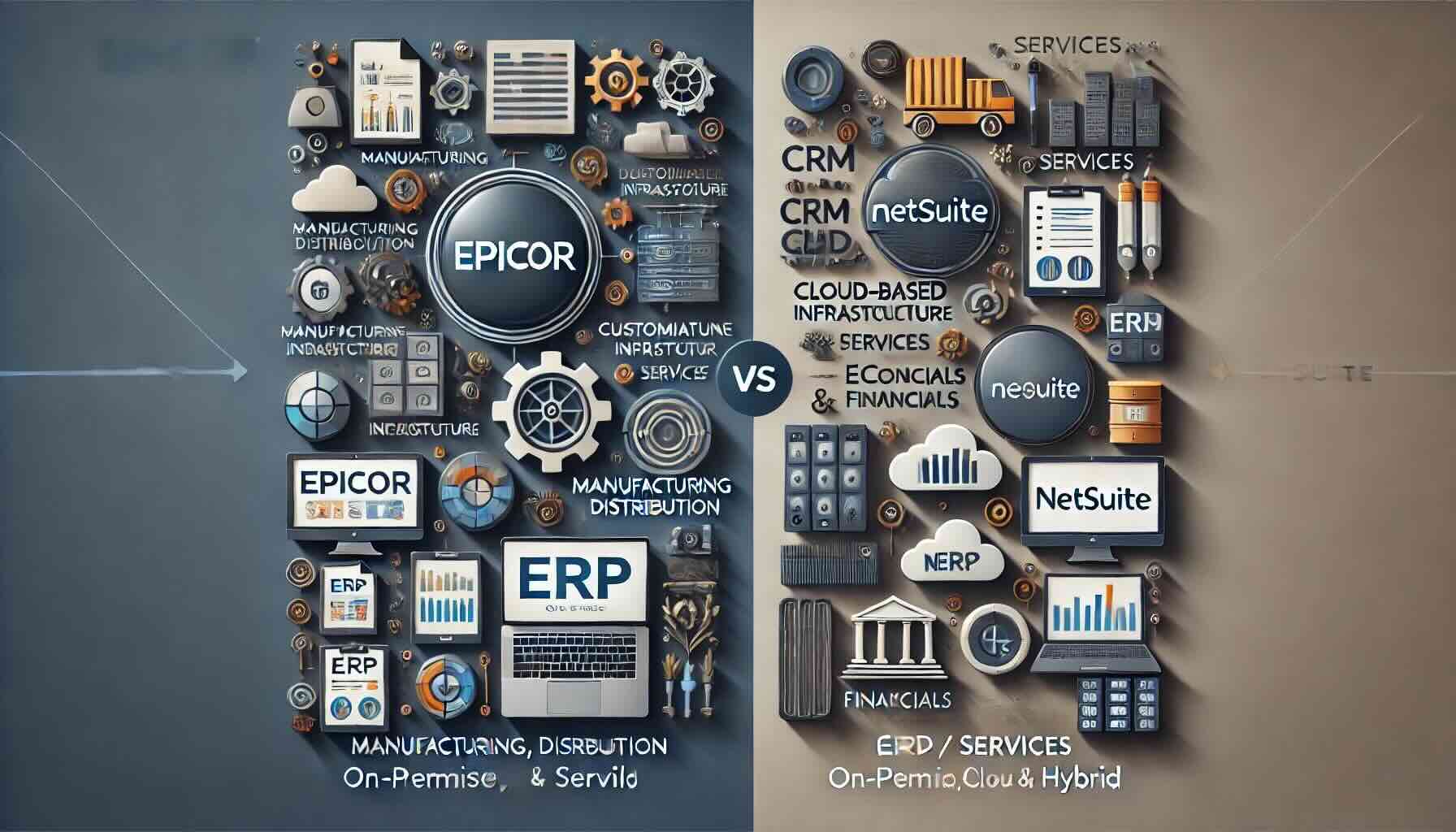Is Infor a Good ERP for Banking and Financial Services?

Introduction
In the dynamic and complex world of banking and financial services, the need for robust and efficient enterprise resource planning (ERP) systems is more pronounced than ever. As financial institutions grapple with regulatory pressures, evolving market demands, and technological advancements, selecting an ERP system that can not only keep pace but also drive innovation and efficiency is crucial. Infor ERP emerges as a contender in this space, but how well does it cater to the specific needs of the banking and financial services industry? This blog will delve deep into assessing Infor ERP for banking and financial services, a sector that demands precision, agility, and security at its core.
Infor ERP: A Tailored Solution for Banking and Financial Services?
Infor, listed among the top ERP vendors for various industries including banking and finance, has been making significant strides in tailoring its offerings to meet the unique demands of the financial sector. But what sets Infor apart, and are there areas where it falls short?
Strengths of Infor ERP in Banking and Financial Services
- Customization and Flexibility: Infor ERP is renowned for its high level of customization and flexibility. This is particularly beneficial in the banking sector, where institutions often have unique processes and requirements. Infor’s ability to adapt to these specific needs helps ensure that financial institutions can maintain their distinctive operational methods while benefiting from an ERP system.
- Advanced Analytics and Reporting: In an industry where data drives decisions, Infor’s robust analytics and reporting tools stand out. These features enable financial institutions to gain insightful analytics, helping in risk management, forecasting, and decision-making processes, which are critical in the banking sector.
- Regulatory Compliance and Risk Management: Infor ERP offers strong capabilities in managing regulatory compliance and risk. With the banking industry being heavily regulated, having an ERP system that can navigate and stay ahead of these regulations is invaluable. Infor’s system is designed to help banks meet their compliance obligations while effectively managing risk.
- Integration Capabilities: The platform’s ability to integrate with various other systems and technologies is a plus, especially in an industry that relies on numerous specialized software solutions. This integration facilitates seamless operations and data flow across different departments and functions.
- Cloud-Based Solutions: With the shift towards digital banking, Infor’s cloud-based ERP solutions offer scalability, security, and accessibility. These features are crucial for banks that are increasingly adopting digital channels to serve their customers.
Weaknesses of Infor ERP in Banking and Financial Services
- Complexity and Implementation Time: One of the challenges with Infor ERP, especially for large and complex institutions, is the potential complexity and length of the implementation process. Banks might face extended periods of adjustment and learning curves, which could impact operations in the short term.
- Cost Considerations: For smaller institutions or those with limited budgets, the cost of implementing and maintaining Infor ERP can be a significant concern. The total cost of ownership, including customization, integration, and ongoing support, may be substantial.
- User Experience and Learning Curve: While Infor ERP is powerful, its user interface and experience may not always be as intuitive as some of its competitors. This could lead to a steeper learning curve for employees, affecting productivity during the transition period.
- Limited Specialization in Certain Financial Services Areas: While Infor ERP covers a broad range of banking needs, it may lack deep specialization in certain niche areas of financial services compared to other systems that are exclusively built for the financial sector.
Conclusion
Infor ERP for banking and financial services is a robust and versatile solution that offers numerous strengths, particularly in customization, analytics, compliance, and integration. Its cloud-based capabilities align well with the digital transformation trends in the banking sector. However, considerations around implementation complexity, cost, user experience, and specialization in niche areas are crucial in making an informed decision. Each financial institution must weigh these factors against its specific needs, size, and operational scope to determine if Infor ERP is the right fit for their organization. As the banking and financial services industry continues to evolve, the choice of an ERP system like Infor could be pivotal in navigating the challenges and leveraging the opportunities that lie ahead. Click this link to find out more about Infor for banking and financial industry.
To compare Infor with 100s of other ERP solutions, you can use our new AI-powered Compare ERP tool. It’s free to use and you get a guaranteed discount on your first year’s licence fees with a referral from Compare ERP.









